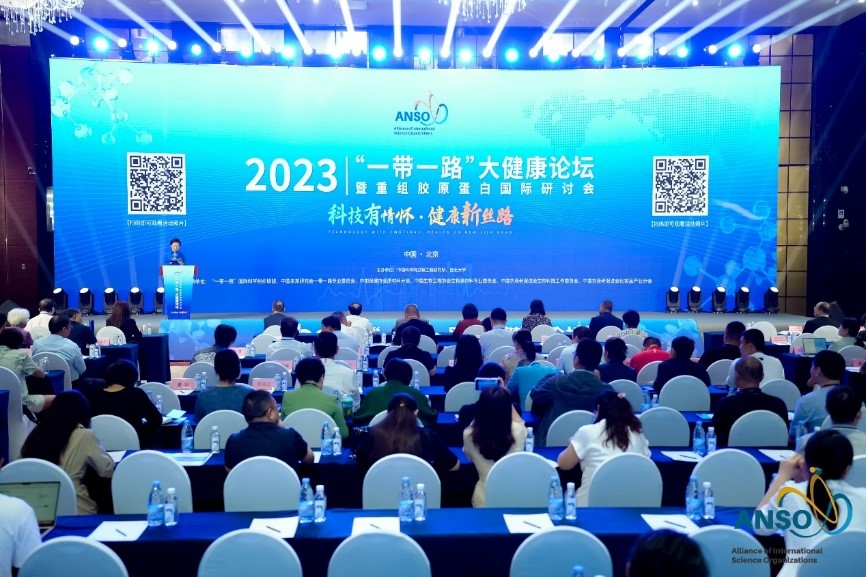SYDNEY - A renewable energy project supported by partners from the Australian and Chinese public and private sectors promises "groundbreaking" technology to produce ethanol biofuel using non-food waste plant matter left over from crops and forestry.
The project includes a pilot facility in the Hunter Valley of New South Wales state to make bioethanol from the agricultural waste, the Australian Renewable Energy Agency said in a media release on Tuesday.
The agency announced A$11.9 million ($8.97 million) of funding support for Australian biofuel company Ethanol Technologies to help the "groundbreaking advanced biofuel technology."
Chinese company Jiangsu Jintongling Fluid Machinery Technology plans to provide A$11.9 million($8.97 million) of matching funds for the project, which costs a total of A$48 million ($36.19 million) and also involves University of Newcastle researchers, according to the agency.
"Advanced biofuels provide an exciting opportunity for Australia to open up export avenues and also help reduce emissions from the transport sector," the agency's Chief Executive Officer Ivor Frischknecht was quoted as saying.
The new facility "will demonstrate a new and innovative process for the production of bioethanol, gaining pivotal research and development experience that will lead to the commercialization of the process and position Australia as a leader in advanced biofuels."
Ethanol Technologies' "novel 'strong acid' technology will use feedstock waste streams such as wheat straw, cotton stubble, sugar cane bagasse and forest material left behind after the valuable food and fibre components have been harvested from crops and timber plantations," the University of Newcastle said in a media release on Tuesday.
The project promises to create a "commercially viable process" for Australia to tap an ethanol industry, worth A$130 billion($98 billion), that currently makes up about 1 percent of the country's fuel consumption, and will provide "a pathway to a sustainable export market for Australian-produced ethanol."
"We know you can take waste streams, convert them into sugars and then turn those sugars into biofuels or green chemicals, but it's got to be competitive with crude oil products," the university quoted conjoint lecturer Dr Geoff Doherty as saying.
"The overarching benefit of this technology will revolutionize agribusiness because farmers will be able to continue to grow crops, sell the valuable part into the food market and have a second market for the left-over waste stream."
(Source: Xinhua)
 Search
Search




 京公网安备110402500047号
京公网安备110402500047号